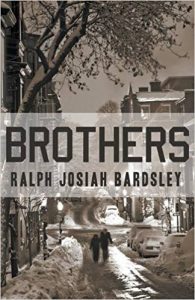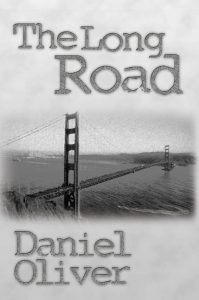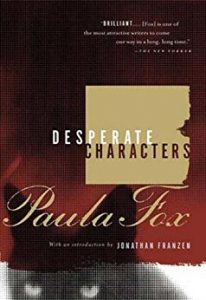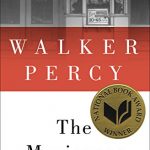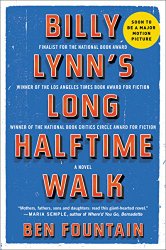 “If you don’t push against the mirror, how do you know you’re standing in front of it?” asks author Martin Pousson. His PEN award-winning novel Black Sheep Boy, also an L.A. TimesPick of the Week, inspired Susan Larson (NPR The Reading Life) to say: “An unforgettable novel-in-stories about growing up gay in French Acadiana, so vivid and almost fairy tale-like, drawing on folklore from the region, and yet so brutally realistic. Brilliant. I loved this book.” I loved it too, for Pousson’s poetic prose, among other reasons. I’ve been able to ask Martin Pousson a few questions about the novel. His answers reflect his literary acuity.
“If you don’t push against the mirror, how do you know you’re standing in front of it?” asks author Martin Pousson. His PEN award-winning novel Black Sheep Boy, also an L.A. TimesPick of the Week, inspired Susan Larson (NPR The Reading Life) to say: “An unforgettable novel-in-stories about growing up gay in French Acadiana, so vivid and almost fairy tale-like, drawing on folklore from the region, and yet so brutally realistic. Brilliant. I loved this book.” I loved it too, for Pousson’s poetic prose, among other reasons. I’ve been able to ask Martin Pousson a few questions about the novel. His answers reflect his literary acuity.
Learning from Fiction: Anger Management in the Novel NIGHT TRAIN TO LISBON
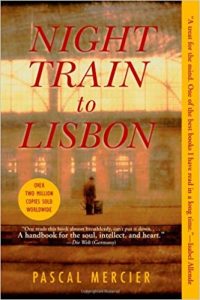
Pascal Mercier’s Night Train to Lisbon is a fascinating literary novel and also a treasure of quotable wisdom. On the walk to work a Bern schoolteacher experiences a life-changing moment when he saves a woman from jumping off a bridge into the river. If he doesn’t become haunted by the woman herself, he becomes haunted by her language and, after a ride on the night train to Lisbon, her country. In a secondhand bookstore he buys a little-read memoir and begins an excursion into the life of a physician who grew up devoted to his father yet in conflict about the fact that his father was a judge under the dictator Salazar. The passage on anger that so struck me, being someone who has spent a lifetime feeling that his temper is his worst enemy, comes from the fictional memoir within the novel.



